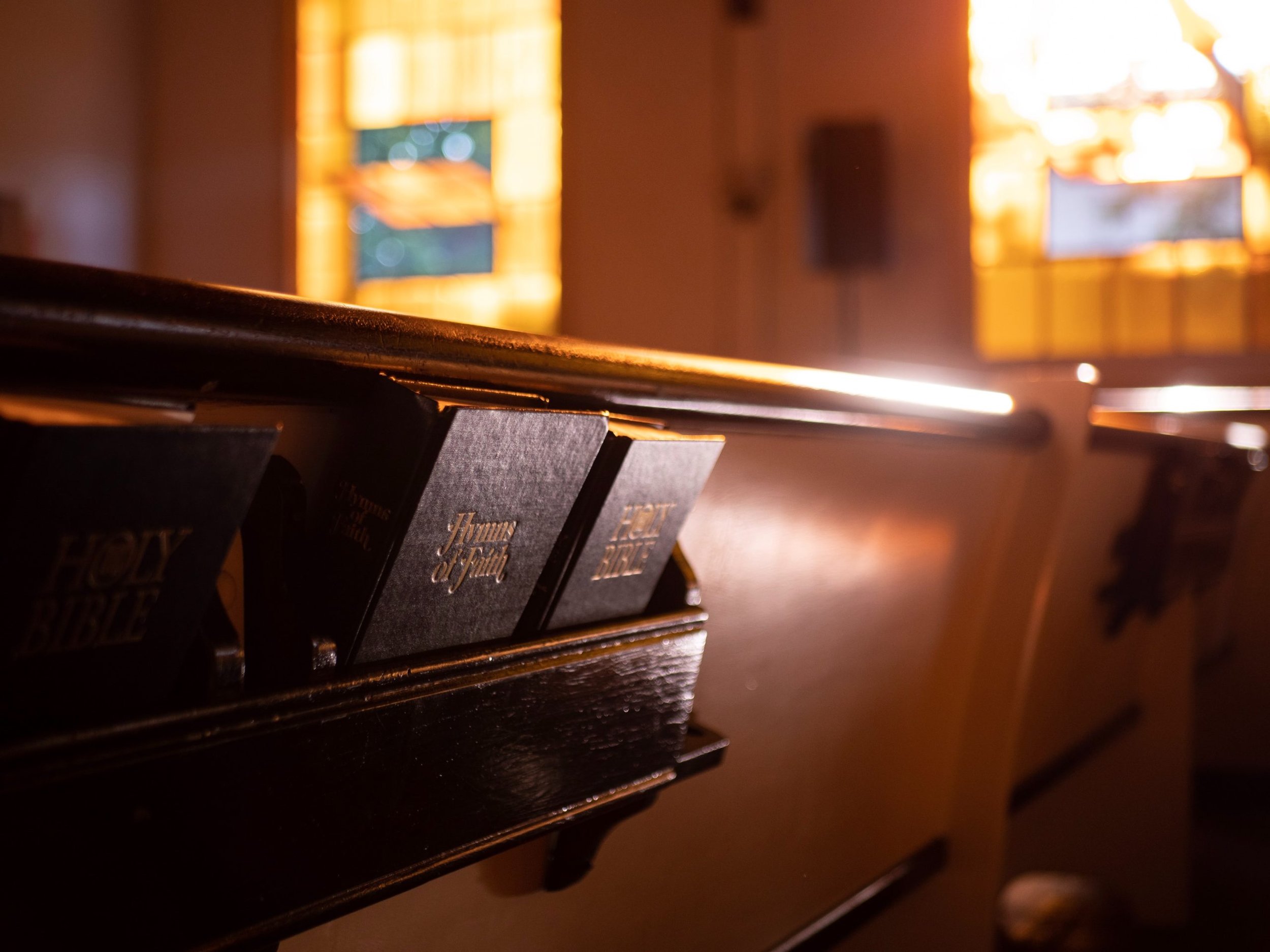The Function of Worship in the Church
Truths to Discover
What does it mean to worship?
The word worship comes from an Old English word weorthscipe (“worth-ship”).
- The Old Testament Hebrew word hāwâ (הָוָה) occurs frequently and means “to bow down,” often showing submission or worship (Gen 22:5; Psa 96:9).
- yārēʾ (יָרֵא) conveys “a sense of terror, awe, and worship” (Deut 10:12-13; Job 28:28).
- ʿābad (עָבַד) means “to serve,” as in priestly sacrificial worship in the tabernacle (Exo 20:5; 23:24-25).
These words show that worship involves an attitude of awe and reverence, a heart of submission, and a readiness to serve and obey.
- The New Testament Greek word proskuneō (προσκυνέω) means “to fall down and/or worship” in adoration or reverence.
- latreuō (λατρεύω) speaks of “service or worship that is always religious in nature” (Rom 1:25; Acts 7:7).
- sebō (σέβω) refers to reverence and worship as a “God-fearing person” (Matt 15:9; Acts 16:14).
- leitourgia (λειτουργία), from which our word liturgy comes, means “a service or ministry,” often of a religious nature towards God (Lk 1:23; 2 Cor 9:12).
These words also show that worship involves an attitude of awe and reverence, a heart of submission, and a readiness to serve and obey.
What should we worship?
People worship all sorts of things: false gods, demons, animals, trees, money, relationships, and even themselves. Yet asking what we want to worship and should worship are two different things. The only proper object or focus of worship is God.
- God deserves our worship.
- God demands our worship (Deut 6:4-5; Matt 22:37).
- God desires our worship (John 4:23-24).
What is the purpose of worship?
Our goal in worshiping God should be to magnify or draw attention to his greatness and goodness (Psa 34:3; Eph 1:6). We want to “shine the spotlight” on God (Father, Son, and Spirit) and not on ourselves. We want to exalt his perfect and incomparable qualities (who he is) and revel in his awe-inspiring works (what he does).
We do this by expressing adoration (Psa 103:1; Rev 4:11), gratitude (Psa 106:1), confession (1 John 1:9), dependence (Matt 6:11-12), submission (Isa 6:8; Mark 14:36), and celebration (Psa 126:2; 150). We also express confidence in our future hope of perfect justice and God’s eternal kingdom (Matt 26:29; 1 Cor 11:26).
What is the nature of worship?
True worship is not tied to sacred sites and shrines (like temples or church buildings) because God is a spiritual being (John 4:23-24). Instead, it corresponds with how our inner spirit (“in spirit”) responds to the truth about God (“in truth”) as he has revealed himself to us.
God revealed himself in a general, universal, majestic way through the material universe he created (Psa 19:1-6; Rom 1:19-20).
Then he revealed himself most clearly through the incarnation and redemptive work of Christ (Col 1:15; Heb 1:3).
Today we have a reliable record of all that God has revealed to us about himself (Psa 19:7-14; 2 Pet 1:19).
To worship him, we must know what Scripture tells us about the person, works, and will of God so that we can respond to him accordingly. We should “worship the LORD in the beauty of holiness” (Psa 96:9).
Questions to Discuss
- What are some wrong understandings of worship? (What is not worship?)
- Why is it difficult to worship God according to the biblical meaning of worship?
- What aspects of the meaning of worship are most elusive in a Sunday AM service?
- Why does God deserve our worship?
- How can we encourage worship that genuinely responds to what God has revealed about himself?
- How can we prepare better ourselves to worship God together as a church on Sunday morning?

